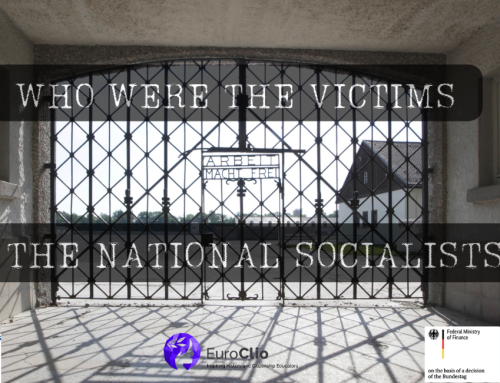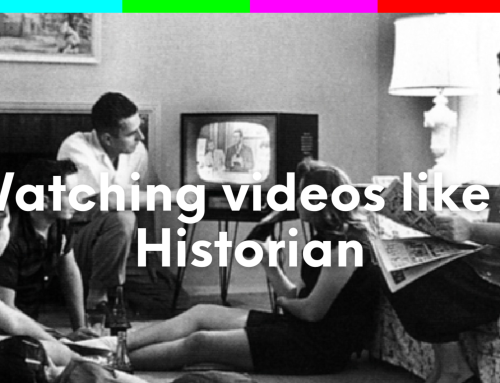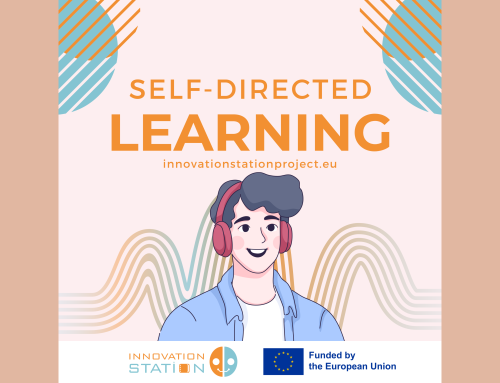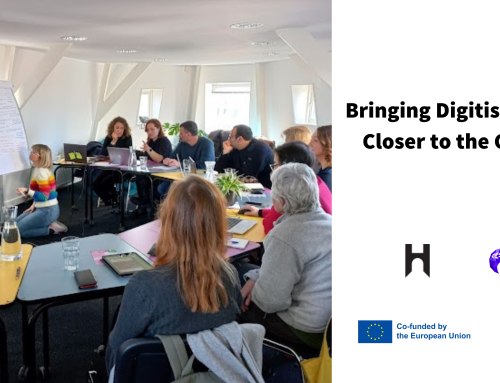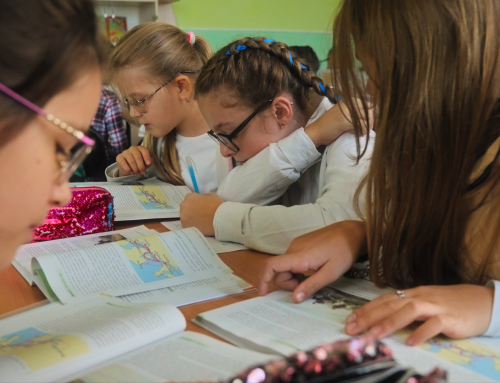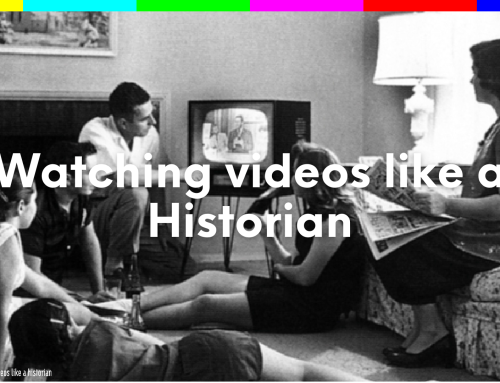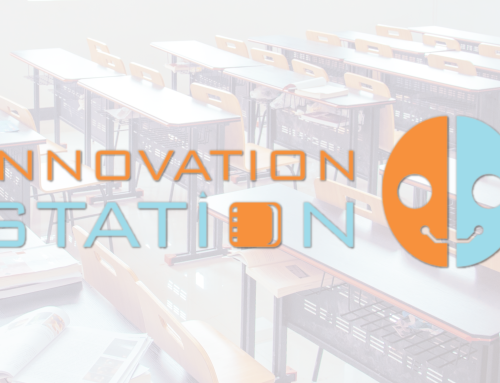On 23 to 25 September, the new EuroClio project, ‘Learning History that is not yet History?, kicked off in Zagreb, Croatia. The meeting brought together a team of 6 educators from Croatia, Bosnia and Herzegovina, Serbia, and Montenegro, to discuss, plan, and develop the contents of this exciting new project on teaching the 1990s wars in the former Yugoslavia.
The project itself will try to answer the question of how to teach the history of recent wars that is often considered not to be history yet, but is remembered in so many different ways, and has been investigated in great detail in the context of transitional justice? The project invests in a unique partnership among teachers and their associations from former Yugoslavia, in which transnational teams will collaboratively create a free ready-to-use learning resource about the 1990s Yugoslav wars.
This resource will begin to explore how this history should be addressed in a multi-perspective way; how war impacts developed societies and everyday life and to what extent history educators can also address current wars across the world through the lens of the experiences in the wars of the 1990s.
During the kick-off meeting in Zagreb, great progress was already made. From the opening presentations on previous initiatives on dealing with the 90s, to the co-creation/brainstorming session, many valuable insights were shared. Vesna Terselic, the director of Documenta (the host of this meeting), introduced the participants to Documenta’s longstanding experience on the matter. In addition, Miljenko Hajdarovic from AEHRP guided us through the project the Anne Frank House implemented in cooperation with AEHRP on dealing with the 90s wars. Finally, Bojana Dujkovic presented EuroClio-HIP’s experience in creating and designing the ‘Framework for change of paradigm in history teaching in schools in BiH’.
Combined with the outcomes of the co-creation session, wherein the focus areas of the educational materials were decided, the Zagreb meeting thus allowed our team to build on previous initiatives, and to already look forward into what this new project can add to history teaching in the former Yugoslavia.
In the coming months, the team will work further on the project, starting with an authors’ meeting in Belgrade, Serbia in December. On 27-29 January, the coordination team will meet again, this time in The Hague. A workshop on seeking justice will be organised in partnership with the International Criminal Tribunal for the former Yugoslavia. The main question there will be, how to make use of the rich archives of the ICTY in educational materials. In April 2017, the team will furthermore meet in Sarajevo, where a workshop on memories in the classroom will we organised. This workshop is open for (international) participation, and more information will follow soon.

